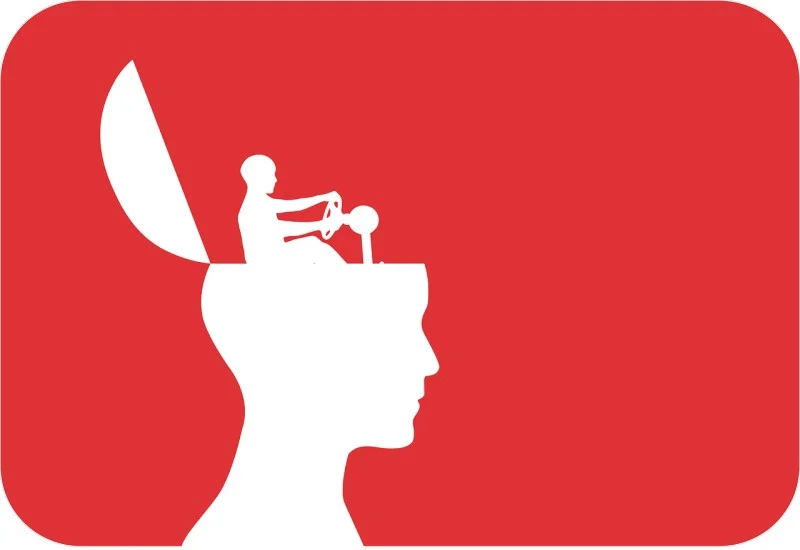
The Myers-Briggs Type Indicator (MBTI) is a widely-used personality assessment tool that helps individuals gain insight into their personality preferences, strengths, and potential areas for growth. By understanding their personality type, individuals can gain a better understanding of their unique needs and preferences, which can lead to a happier and more fulfilling life.
The MBTI is based on the work of Carl Jung, who identified several personality traits that he believed to be universal. The assessment measures four key dimensions of personality:
Each dimension has two opposing ends, and individuals are assigned a letter to represent their preference on each dimension. For example, someone who prefers Extraversion over Introversion would be assigned the letter “E”, while someone who prefers Introversion would be assigned the letter “I”.
Research has shown that understanding one’s personality type can have a positive impact on several areas of life, including career satisfaction, personal relationships, and overall well-being. For example, one study found that individuals who used their MBTI results to choose a career were more likely to be satisfied with their job and feel like they were using their strengths effectively (Dunning, 2003).
Additionally, understanding one’s personality type can lead to improved communication and relationships with others. By understanding their own preferences and the preferences of others, individuals can learn to better communicate their needs and work collaboratively with others who have different strengths and preferences (Kroeger et al., 2002).
The MBTI can also help individuals identify areas for personal growth and development. By understanding their strengths and weaknesses, individuals can work on developing new skills and qualities that will help them reach their full potential (Merrick & Drasgow, 1996).
Overall, the MBTI is a valuable tool for anyone looking to live a happier, more fulfilling life. By gaining a deeper understanding of their personality type, individuals can make informed decisions about their career, relationships, and personal growth, leading to a more satisfying and fulfilling life.
References:
Dunning, D. (2003). Applying the Myers-Briggs type indicator to career counseling. Journal of Career Planning and Employment, 63(2), 48-53.
Kroeger, O., Thuesen, J. M., & Rutledge, H. (2002). Type talk at work. Dell.
Merrick, M. L., & Drasgow, F. (1996). An evaluation of the utility of the Myers-Briggs Type Indicator. Journal of Personality Assessment, 66(2), 461-477.